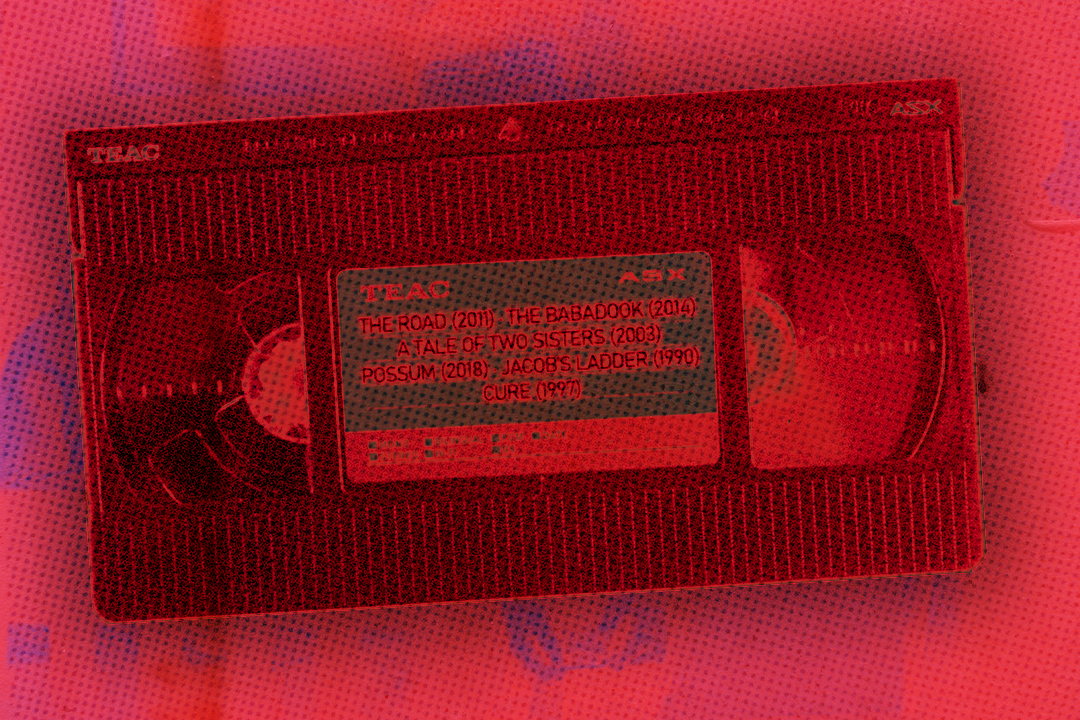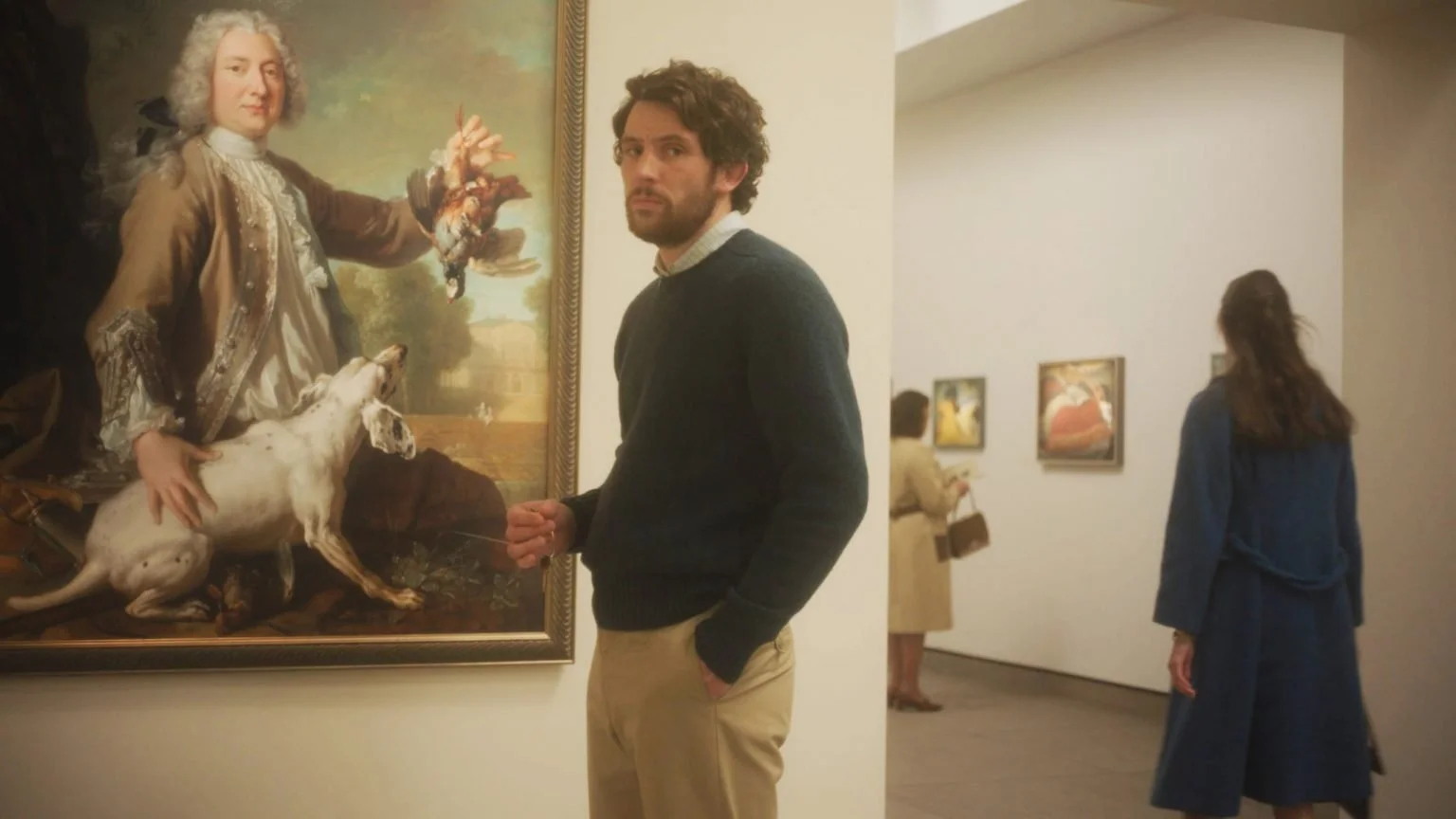Ghosts in Flesh: Six Films That Explore the Human Psyche
Ghosts in Flesh: Six Films That Explore the Human Psyche
The adrenaline kick that comes with the horror genre is nothing short of addictive; jump scares as its usual lifeline, an ignorant side character its handy crutch. These familiar conventions have served as the reliable hook and go-to safety net for countless horror franchises, but the genre can go beyond these narrative typecasts and offer a different experience that everyone can enjoy in equal measure. Yet such attempts to do so are often sidelined.
Among the many things that horror can convey is the dreadful realities of the human psyche. There are fears and anxieties that require elaborately built set pieces and tension-building soundscapes, but there are also those that sit quietly in their overwhelming presence. So, in the irony of confrontation, here are six horror movies that feature ghosts in flesh—manifesting not in the supernatural but in the psychological.
The Road (2011)
Dir. Yam Laranas
What starts as a naive night trip gone wrong spirals into generational layers of depravity that hide interconnected stories beneath the thin, rupturing surface of unfortunate circumstances that can unmake a mind. More than a decade later, The Road has aged quite well, with notable performances by Rhian Ramos and Alden Richards and an airtight direction that doesn't waste time in building its subdued scares. The film’s unpredictability and structure are a breath of fresh air to this day.
The Babadook (2014)
Dir. Jennifer Kent
There’s beauty in how storybooks allow fleeting experiences to flourish between a parent and a child while shaping an enduring wholeness from which both can learn from the other's small time. A parent can relearn the forgotten simple truths, and a child can learn the realities beyond his or her understanding. Such is the context for The Babadook. Amelia, a single mother, copes with the death of her husband and her son Samuel's troubling behavior. When a mysterious book called Mister Babadook suddenly appears in their home, Amelia and Samuel realize there is a necessary darkness that must be faced and lessons to be fought together.
A Tale of Two Sisters (2003)
Dir. Kim Je-woon
How do you confuse an audience and carry that confusion as a thematic anchor to depict the harrowing, often hardly unexplainable nature of a grieving and tortured mind? Kim Je-woon, with clear reverence for this sensitive topic, surely knows how to do it. This South Korean psychological drama tells the story of two sisters who return to their family home by a lake after a stint in a mental institution, only to find themselves trapped once again by a predominant sinister presence and the cruelty of their oppressive stepmother. But this is only as far as the eyes can see, not as far as it is felt in the harsh light of other truths lurking around the corner.
Possum (2018)
Dir. Matthew Holness
A haunting visual poem of a film that is less a straightforward narrative than it is an allegory that demands patience. It follows Philip, a disgraced puppeteer, who returns to his dilapidated childhood home with the titular grotesque, spider-like puppet. Coming back home has never been this hostile as the protagonist's psyche is provoked by the recursive shadows of his traumatic past and inner demons. The film is surreal and atmospherically suffocating; it's never direct, but given how the past becomes a common ground for everyone, it pierces right through the heart.
Jacob's Ladder (1990)
Dir. Adrian Lyne
It doesn’t come as a surprise that the popular Silent Hill video game franchise was inspired by this film; Jacob’s Ladder possesses a terrific sense of tone-setting and lingering imagery. It explores the inner consciousness of Vietnam war veteran Jacob Singer as he is barraged by bleak hallucinations and flashbacks upon returning home. Reality and nightmare dissolve into a singular projective representation of his struggle to cope with the trauma of war and the death of his son. By the end of this head-and-tail chase of the fractured mind, the sought-after clarity and redemption feels more melancholic than joyous. Peace is sometimes truly bought with war.
Cure (1997)
Dir. Kiyoshi Kurosawa
There’s no other film that attempts to dissect human psychology and intentionally fails in the process than Kiyoshi Kurosawa's 1997 masterpiece Cure. Kurosawa firmly embraces the film’s inexplicable nature and does more obfuscation than clarification. The weight under Detective Takabe's eyes is proof of how a string of parallel murders are to an extent more taxing than confronting the insidious mastermind behind them. Unresolved traumas are exploited, challenged, and plowed through harsh honesty and cynicism. Through restraint, panache, and sheer brilliance, Cure doesn't need any ghouls or jump scares, or even a haunting score. This is peak psychological horror—and you need to watch it.
























